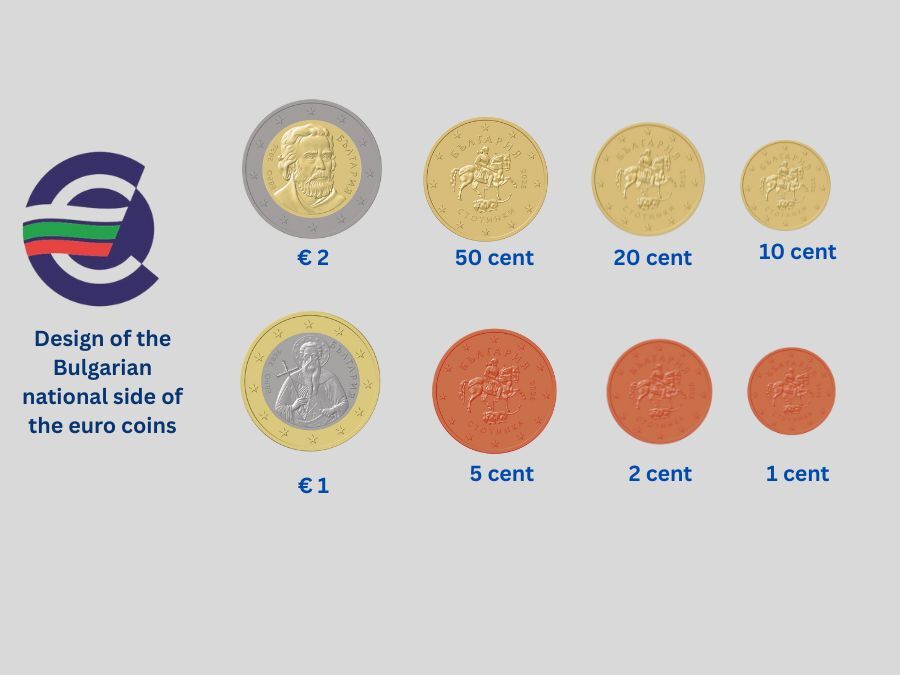Dimitar Georgiev, a financial expert and international market analyst, told Bulgarian National Radio that Bulgaria’s transition to the euro is expected to be smooth, with no significant changes in the prices of goods and services. He emphasized that prices in Bulgaria are determined by supply and demand within a market economy and are not controlled by the government. Any perceived price increases are largely part of broader global trends and not specific to Bulgaria, he explained, noting that concerns about inflation are often amplified by political groups or media focusing solely on prices.
Georgiev described the adoption of the euro as a positive and primarily technical step, noting that Bulgaria has maintained a fixed exchange rate for 28 years, effectively aligning it with eurozone practices. He highlighted that prices relative to personal income remain favorable, and that the transition should not trigger uncontrolled inflation. The expert stressed that the focus for individual consumers should be on income stability rather than short-term price fluctuations.
Looking ahead, Georgiev also discussed the introduction of the digital euro, expected around 2028 or 2029. Unlike cryptocurrencies, the digital euro will be a fully regulated electronic payment method issued by the European Central Bank, replacing cash and offering a convenient, fee-free alternative to existing card payment systems, which largely rely on American companies. He believes this will strengthen Europe’s financial autonomy and simplify transactions for citizens.
Finally, Georgiev predicted continued strength for the euro, projecting that it could become approximately 20% stronger than the US dollar, underscoring his confidence in the currency’s long-term stability and relevance for Bulgaria and the wider eurozone.

